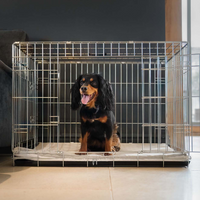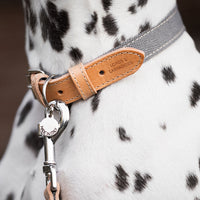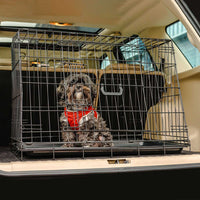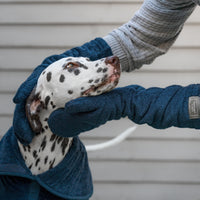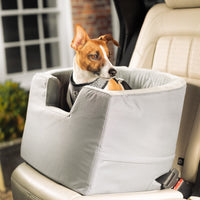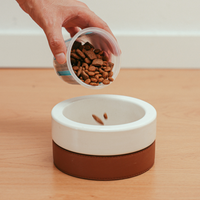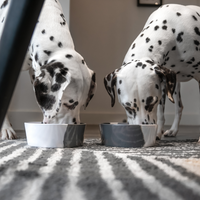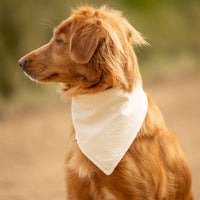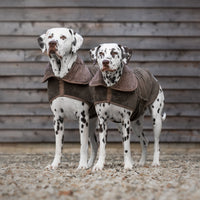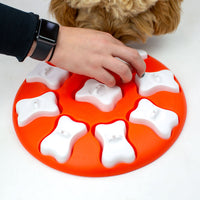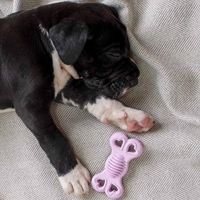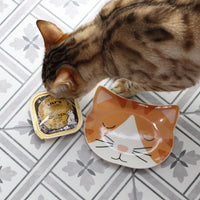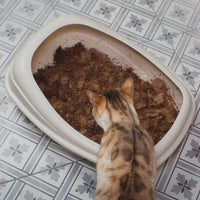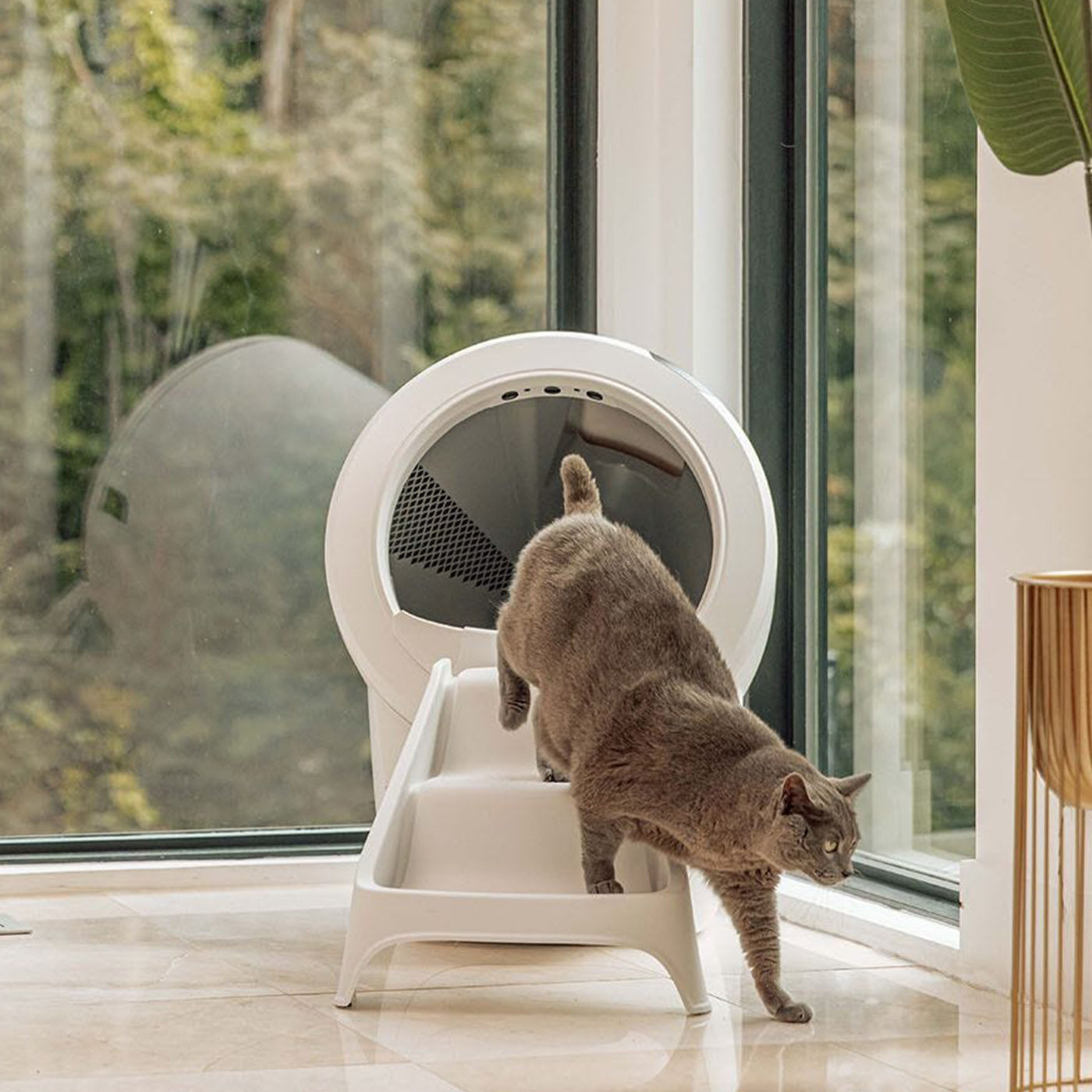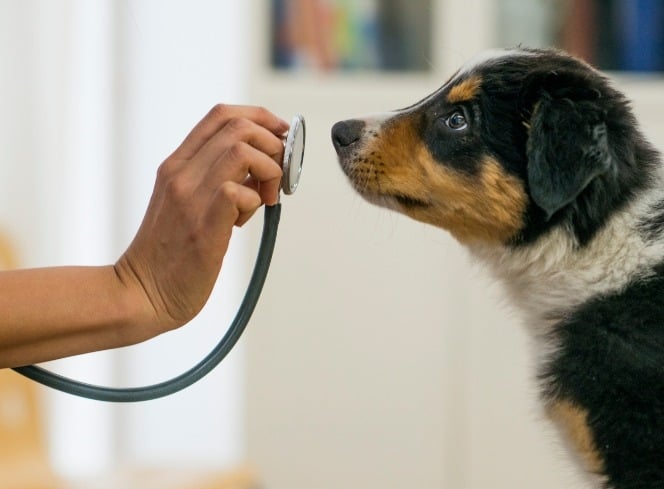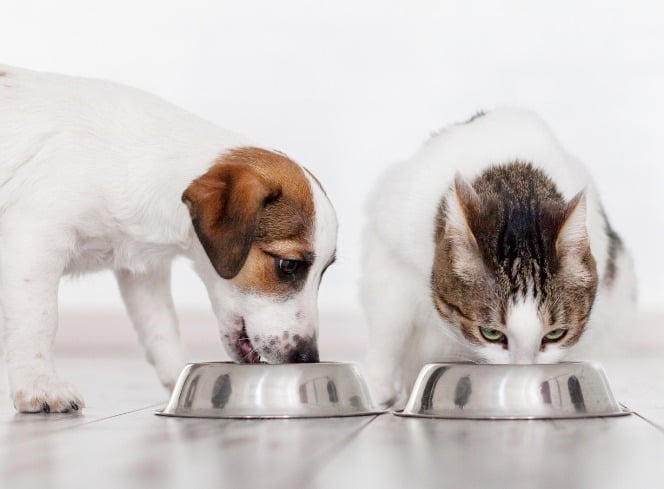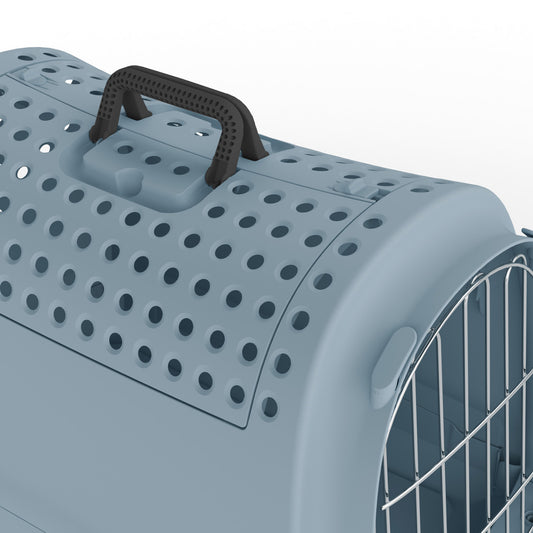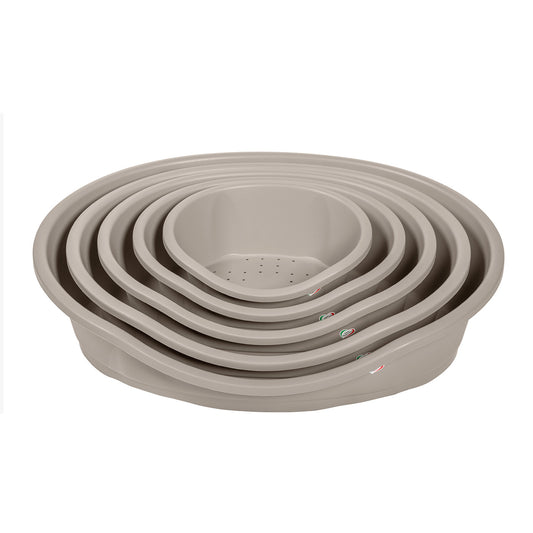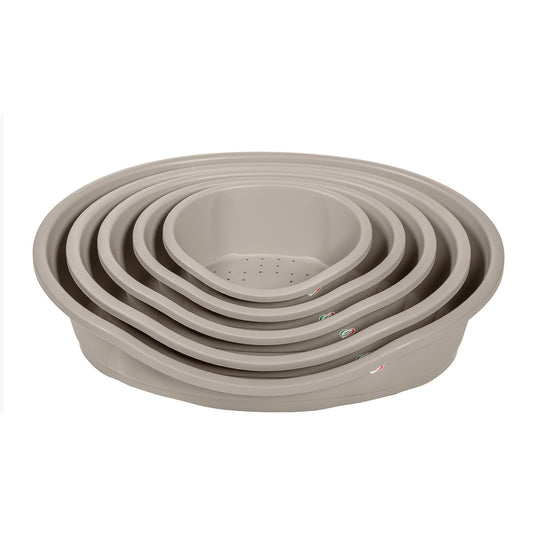Just as mice are known for their apparent love for cheese and cats for their fondness of fish, both historically and culturally, dogs are intrinsically linked to bones. Indeed, while it’s true that animal bones of all kinds have been given to domesticated dogs for centuries, there are many misconceptions when it comes to the safety of this practice.
Today, many veterinarians believe the risk of serious injuries that can be caused by giving your dog certain bones to chew on might outweigh any potential benefits, instead recommending alternative dog treats. However, this is disputed by some. So, with so much contradictory information out there about feeding bones to dogs, being able to tell the facts from the myths is essential.
To help you do this, ensuring you know all the risks associated with each different type of common bone, here at Lords & Labradors we’ve put together this handy guide.
Can Dogs Eat Lamb Bones?
The short answer is yes - dogs can safely eat lamb bones, but only in the right circumstances. If you decide to treat your furry friend to a juicy lamb bone, you need to ensure it is large enough not to fully fit into your dog’s mouth. If this is not the case, and the entire bone can fit inside your pet’s mouth, it can pose a choking hazard.
As well as being of a good size, lamb bones that you feed to your canine companion should never be cooked. When a lamb bone is subjected to heat - such as when a lamb joint is cooked in the oven as part of a roast dinner - it can become brittle. When this happens, it can be more easily broken into pieces while your dog is chewing on it. If these small, often sharp, pieces of bone are swallowed, it can cause potential fatal internal injury.
Can Dogs Eat Chicken Bones?
As a rule, no - you should not feed your pooch chicken bones. This is because bones of this kind tend to be weak and brittle, both when raw and cooked. While the acid in your dog’s stomach will actually be strong enough to safely break down chicken bones if consumed, the problem is that they splinter very easily when chewed. This can lead to sharp fragments of chicken bone that have the potential to cut your four legged friend’s mouth, throat and lining of their digestive system when swallowed. Although the chances of this are reduced when you are dealing with raw chicken bones (rather than cooked ones), it’s still not worth the risk. Here at Lords & Labradors, we would always recommend giving your dog a robust chew toy to play with instead!
If you suspect your dog has already swallowed a chicken bone - either raw or cooked - it’s important not to panic. The chances are your pup will be fine. However, in this event, you should closely observe your dog for 24 hours to make sure the bone(s) are digested safely. If your dog starts behaving out of character, or you notice excessive vomiting, diarrhoea or blood in their stool, take your dog to the vet immediately.
Can Dogs Eat Pork Bones
Although there is some debate when it comes to pork bones, the general consensus - including the view held by the American Kennel Club (AKC) - is that pork bones are not safe to give to your dog to eat or chew.
This is because, whether raw or cooked, pork bones are weak and tend to splinter and crack easily when chewed by dogs. Just as with chicken bones, if this happens and your pup decides to swallow small pieces of sharp pork bone, there is a chance they can cause damage to their mouth, oesophagus or internal digestive system. Additionally, as pork bones tend to be thicker than chicken bones, there is an increased risk of choking or intestinal blockages when they are consumed. As pork bones are usually fairly small, there is also a danger that larger breeds of dog attempt to eat them whole. This can also be dangerous and cause digestion issues.
Can Dogs Eat Beef Bones?
Like lamb bones, raw beef bones are generally considered safe for dogs to chew on, as long as they are large enough not to fully fit inside your dog’s mouth. Cow bones are naturally harder and less brittle than other bones, making them more difficult for your dog to break. This means there is less chance of the bones splintering, producing dangerous, edible fragments. However, as is the case with all other bones, you should never give your pooch a cooked beef bone, as this will be more likely to splinter.
Once again, while raw beef bones are considered safe, we recommend you always supervise your four legged friend while they are chewing on one. This allows you to monitor the situation and remove the bone if it starts to splinter or you believe it is getting too small.
Can Dogs Eat Bone Marrrow?
Dogs can eat bone marrow - particularly from beef and lamb bones. However, like everything else in your pup’s diet, it should only be eaten in moderation. This can be done in two ways. You can either occasionally allow your dog to eat the marrow from the inside of raw beef or lamb bones (under your supervision to ensure no sharp bone fragments are also eaten). Or, you can occasionally serve small amounts of cooked marrow (which can be bought at the butchers) with their regular dog food as a treat.
So, remember - when it comes to giving the dog a bone, knowing which is safe is essential. If in doubt, it’s always a good idea to avoid the risk and instead treat your furry friend with an alternative treat or chew toy
What Alternatives Are There To Giving My Dog Bones?
Natural dog treats are a great alternative if you’re wanting to give your dog an animal based treat. Our natural graze boxes contain everything from pigs ears to chickens feet, so there’s sure to be something your dog will love.




